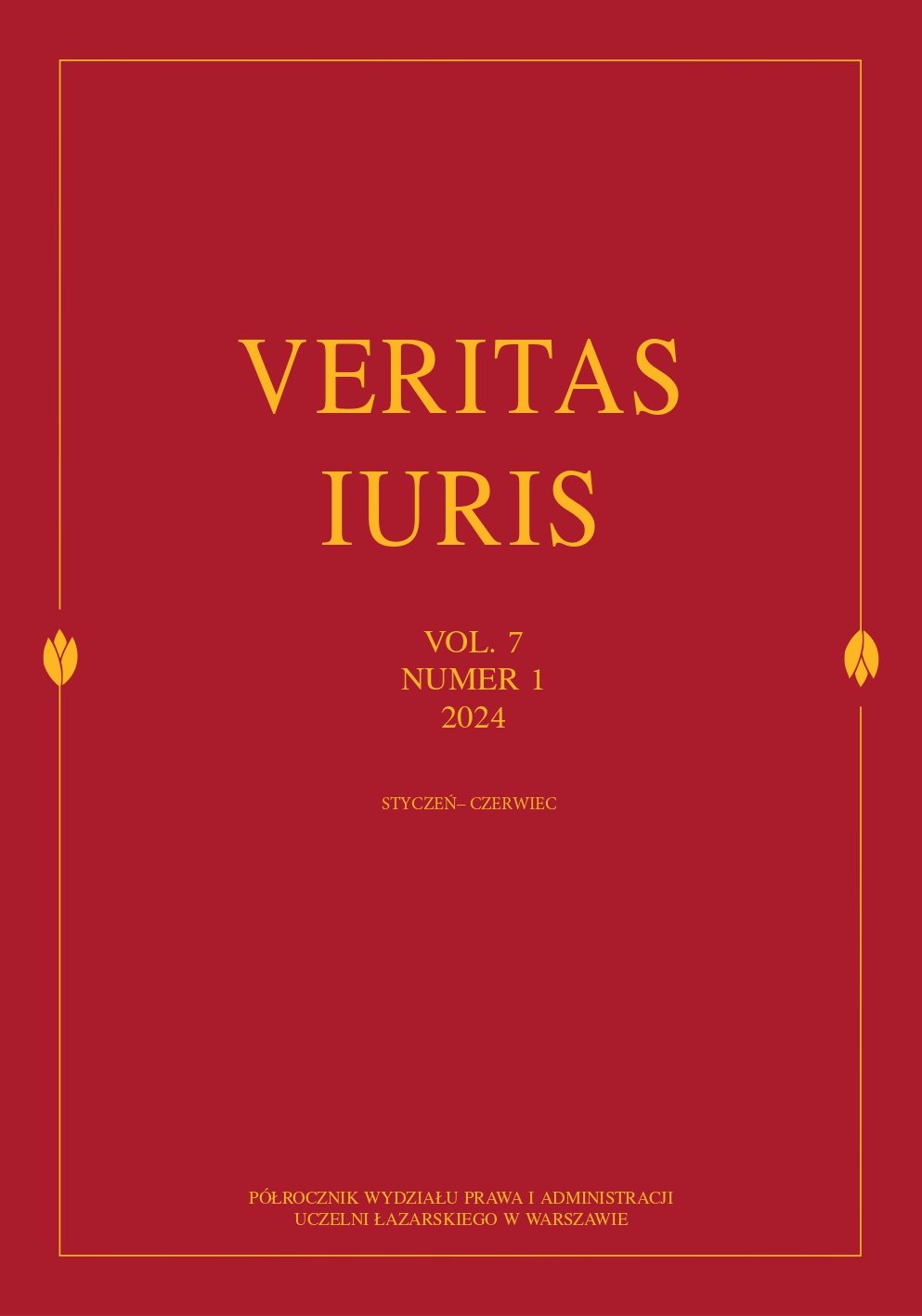Abstract
A fiduciary transfer of title to secure loan repayment has been in legal circulation for many years. This agreement allows for the securing of claims through the disposal of property from the debtor’s assets to the creditor. The characteristic feature of this disposal – by design – is its temporariness. The creditor is to continue to own the thing transferred by the debtor until his debtor pays the debt to the creditor. In relation to real estate, the security transfer model resembles a mortgage in many respects. But unlike this institution, which is a natural security for a claim on a real estate asset and one of the rights in rem, a fiduciary transfer of title to secure loan repayment is an unnamed contract, operating under freedom of contract rather than strict regulation by the legislature. This gives rise to various legal consequences – both for the creditor and the debtor. Taking into account the momentous role of residential real estate for the satisfaction of human needs, as well as taking into account constitutional norms, principles and values, the topic of this work touches not only on issues relevant to the parties to loan or credit agreements. Expropriation, or rather its model of functioning in the market appears to lead to the exploitation of debtors or even the phenomenon of usury. The expropriation operating in practice, contrary to its ratio, was successfully aimed at obtaining from debtors precisely the ownership of real estate rather than the return of money – due to the prices and values of an economic good such as real estate. It is indispensable for the doctrine of law to seek reasons why the phenomenon in question could have occurred – especially in the majesty of a democratic state realizing the principles of social justice. Therefore, the authors have attempted to embed the issue of fiduciary transfer of residential real estate title to secure loan repayment in the perspective of real estate transactions. The analysis of the issue is carried out in the light of the principle of numerus clausus of rights in rem, the institution of mortgage, legal and tax aspects and market realities. The authors used the dogmatic-legal method, and also reached for an axiological and economic analysis of the law.

This work is licensed under a Creative Commons Attribution-NonCommercial 4.0 International License.

